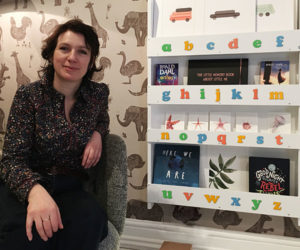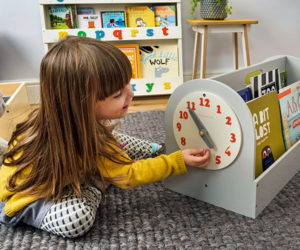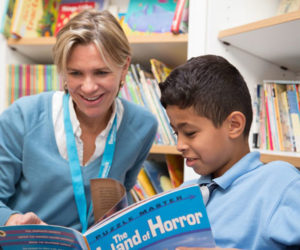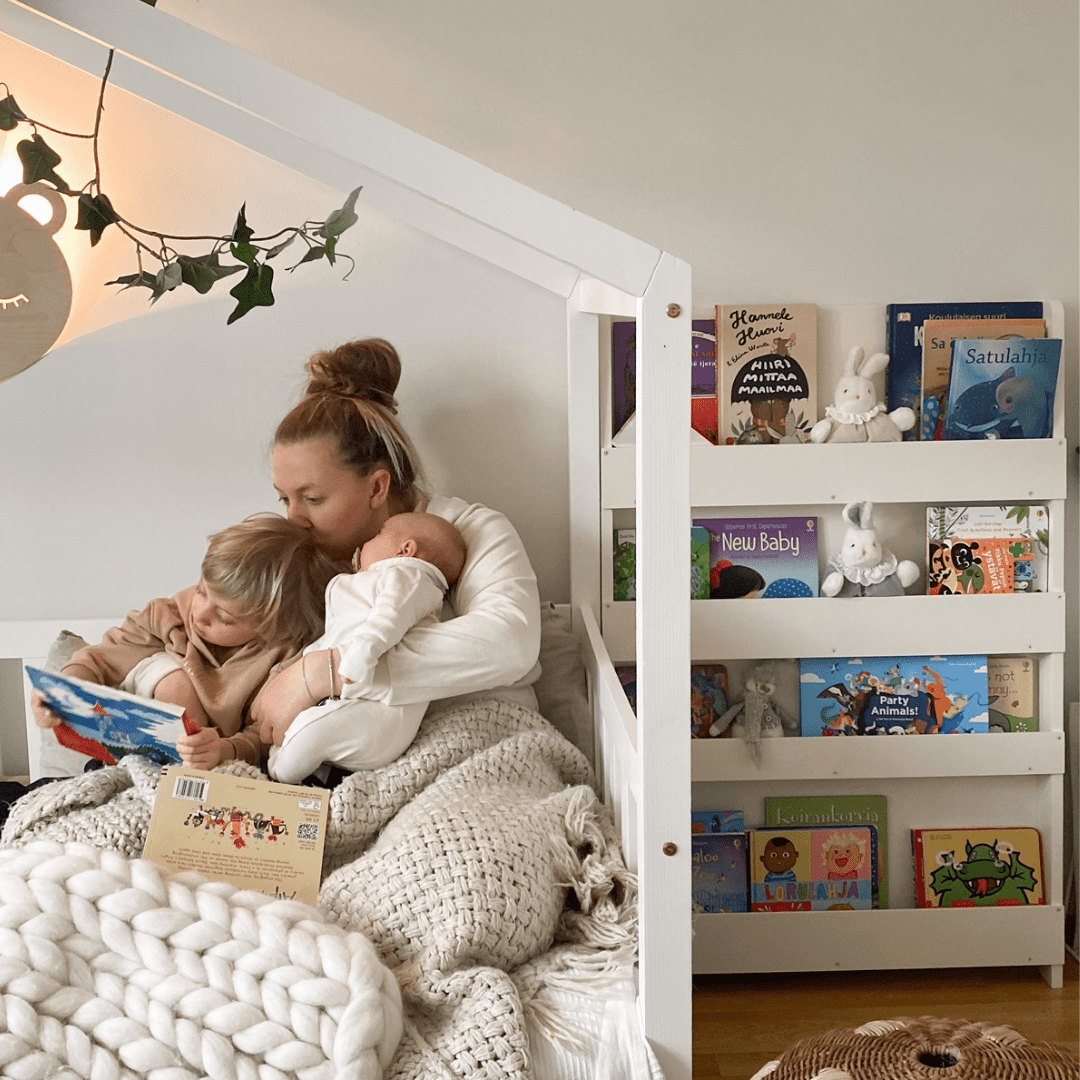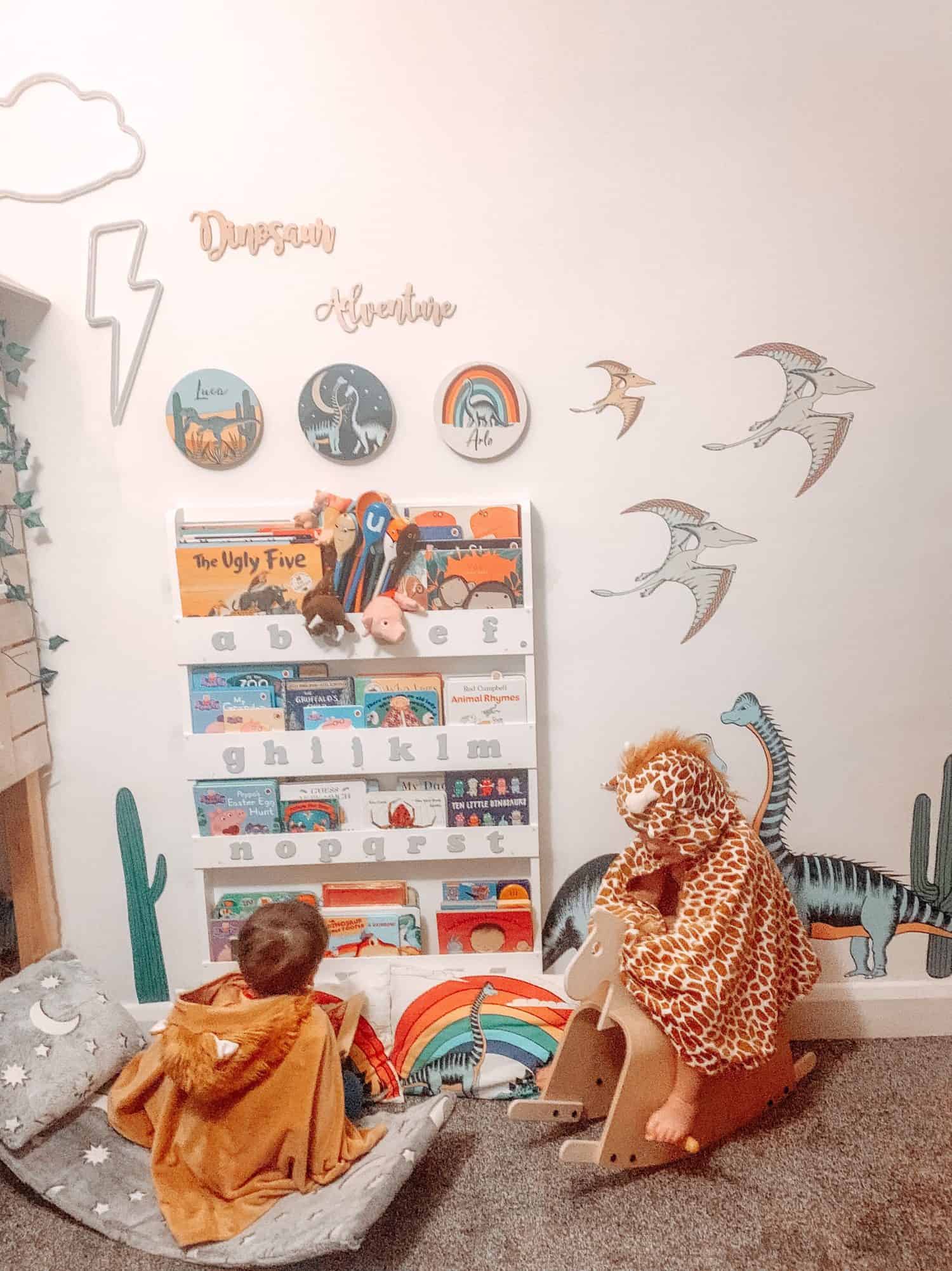All parents want their kids to learn to read and develop a love for literature. However, encouraging your children to read may have far more benefits for them than you realized. If you haven’t been focusing too much on your child’s literary skills, it may be time to start so you can ensure they receive all the benefits that reading has to offer!
Why Is Reading Important For Children?
1. Expands Vocabulary
Whether it’s reading together with a parent, reading an assignment for school, or picking up a book at the library for fun, the more children read, the bigger their vocabulary gets.
2. Assisted cognitive development
Reading more now doesn’t just improve their literacy or vocabulary skills, but can improve the overall cognitive functioning of a child’s mind. That means that a broad variety of skills, including emotional regulation, critical thinking, and interpersonal skills were all improved by regularly reading in childhood.
3. Developing empathy
Reading regularly at all phases of life improves empathy and compassion, especially in children. Reading regularly has been shown to be linked to everything from volunteering, charitable giving, sharing toys, and having greater insight to others’ inner emotions.
4. Better reading skills
It’s not difficult to figure out – the more you read, the better you get at it! Children who read more in their younger years show considerably more proficiency with higher level reading in high school, college, and adulthood. Sitting down with a picture book now can make a huge difference in your child’s future!
5. Gaining deeper global understanding
Reading offers us access to hearing stories from people around the world, in a variety of cultures, families, and experiences. Reading regularly offers children a deeper knowledge of global community and culture.
6. Build independence and self-confidence
Having access to more interactive reading opportunities, like reading with a parent, teacher, or attending a group storytime, can significantly improve the social and emotional skills a child holds, such as independence, confidence, and their general disposition.
7. It keeps them safe
An oft-cited anecdote in children’s literary worlds recounts how at the height of the popularity of the Harry Potter series, a new book’s release would always mean that the following weekend would have record lows for children emergency room visits, as rather than participating in dangerous activities, most of the world’s children were at home tucked in with their newest read. Reading is probably the safest activity a child can participate in!
8. Building stronger relationships
While there’s many ways to bond with your children, reading aloud together has been shown to make a massive impact on the emotional bond that your children experience with you, and even improves their ability to listen to your instructions!
9. It leads to their future academic success
Reading with your children when they are young is one of the strongest indicators of future academic success, across all subjects – not just reading! In fact, researchers have described reading to your child as “the biggest priority” with regards to ensuring their future academic success.
10. Improved literacy skills
Children who are read to regularly in their early years are more likely to have strong literacy skills throughout the childhood and into adulthood, including phonetic awareness, reading comprehension, and literary analysis.
11. Greater concentration
Children who regularly read at a young age are more likely to continue choosing reading over other forms of media as they grow older, and are more likely to have a stronger attention span and focus than their peers.
12. It enhances their imagination and creativity
Having access to the perspective of other people, other places in the world, and fantastical settings does wonderful things for a child’s imagination. Children who read are more likely to engage in creative play and develop a love for artistic endeavors!
13. It entertains them
Reading is fun, simple as that! Especially when kids have the agency to select their own reading material, it’s a simple, easy, battery-free source of entertainment that will keep kids amused for hours and hours! The benefits of reading to your kid can simply be spending a few precious moments together reading a good book.
14. It improves their grammar
Reading regularly is a great way for children to learn grammar without having to participate in hours of boring grammar lessons! Much of language is learned through exposure rather than instruction, so the more they read, the greater their grasp of grammar and language will be.
15. It improves their writing skills
Reading has the ability to improve all the skills involved in writing; narrative skill, spelling and grammar, and a passion for storytelling as an art. Children who read more throughout their childhood have stronger writing skills and achieve greater academic success with their writing.
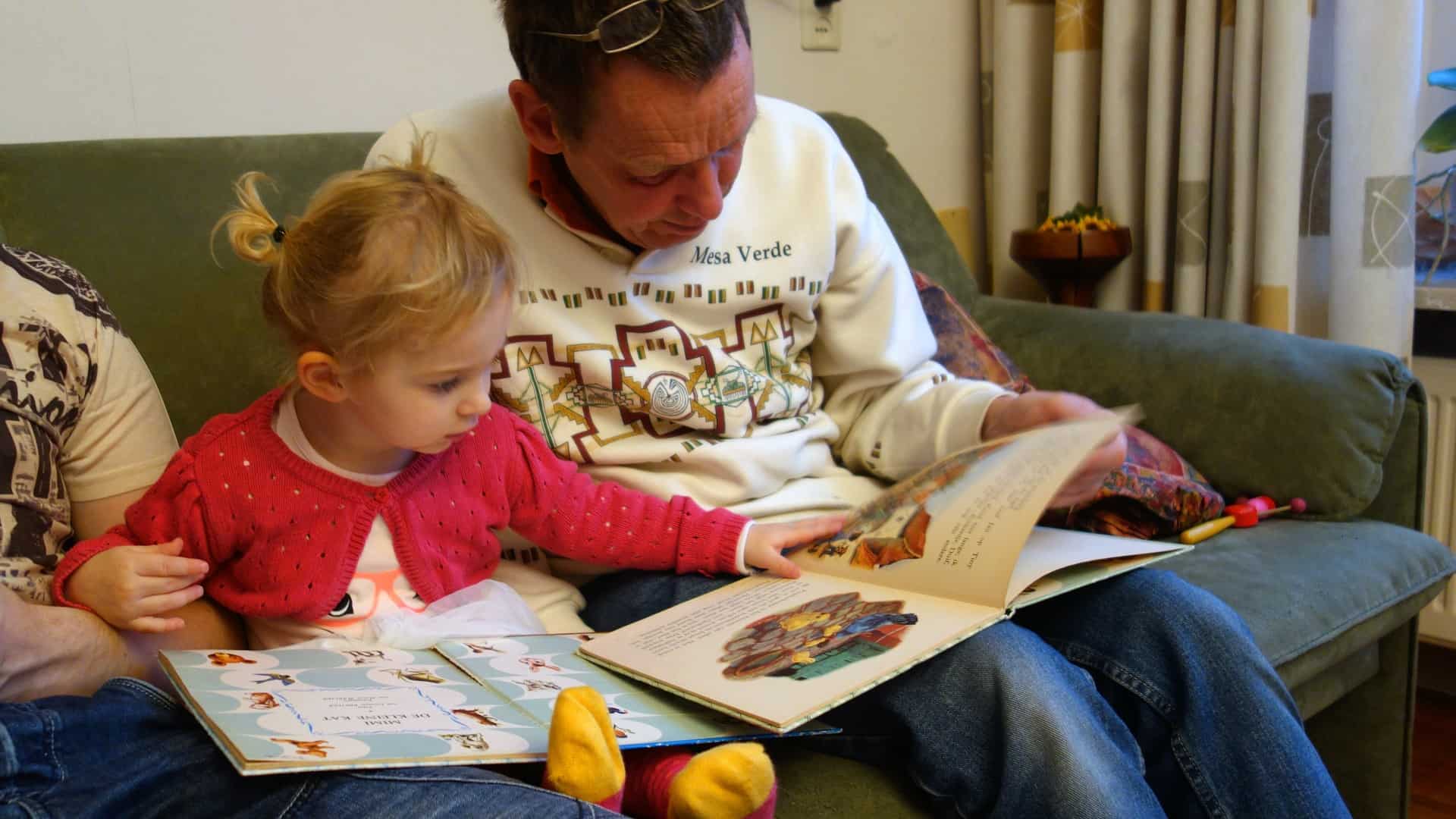
Reading has more benefits for children than you can imagine. Photo credit @adassel
So the question really isn’t “why is reading important for children,” but how could it not be an important part of their life in every facet.
Having their own library of books within easy access at all times is a great way to encourage a love of reading from an early age so they can reap all the benefits of reading for children. You can help your child love reading, allow them to choose their own books freely and easily, and display their library beautifully with Tidy Books, the kid-friendly and beautifully made bookshelves for the little reader in your life.
How to Read With Your Child:
There’s no one right way to introduce your child to reading. Start simply, by encouraging them to select books for you to read together. You can incorporate it into your daily routine, like sharing a story together before bed, or you can simply find some time each day to sit down together with a book. The benefits of reading to your children don’t stop when they’re able to read on their own, so keep reading to your kids for as long as you can make it last!
15 ways reading is important for children and how you can help:
- Expands Vocabulary
- Assisted cognitive development
- Developing empathy
- Better reading skills
- Gaining deeper global understanding
- Build independence and self-confidence
- It keeps them safe
- Builds stronger relationships
- It leads to future academic success
- Improved literacy skills.
- Greater concentration.
- It enhances their imagination and creativity
- It entertains them.
- It improves their grammar
- It improves their writing skills.
